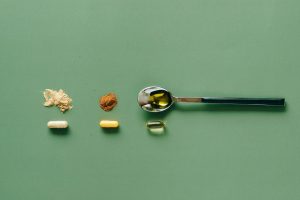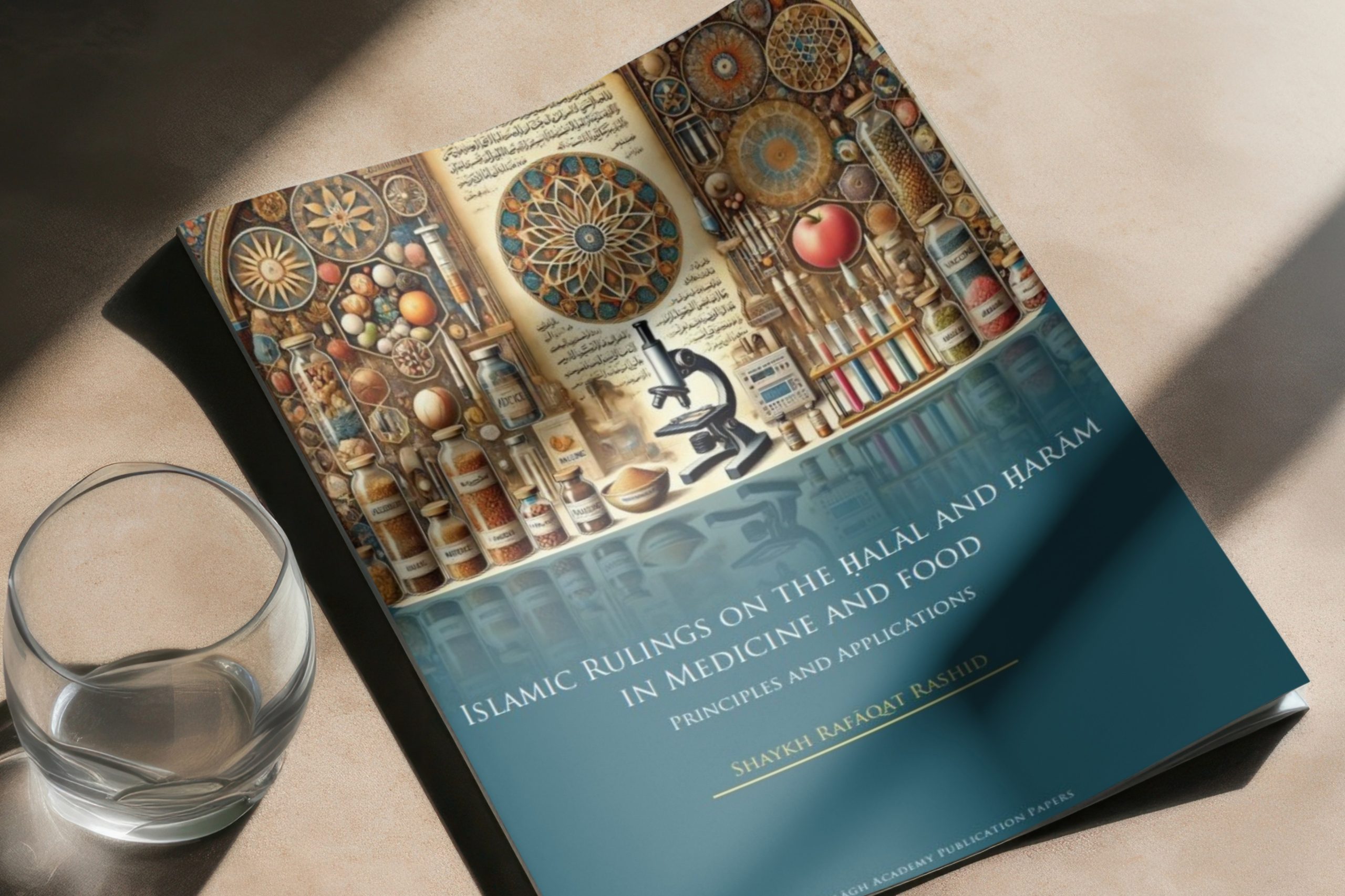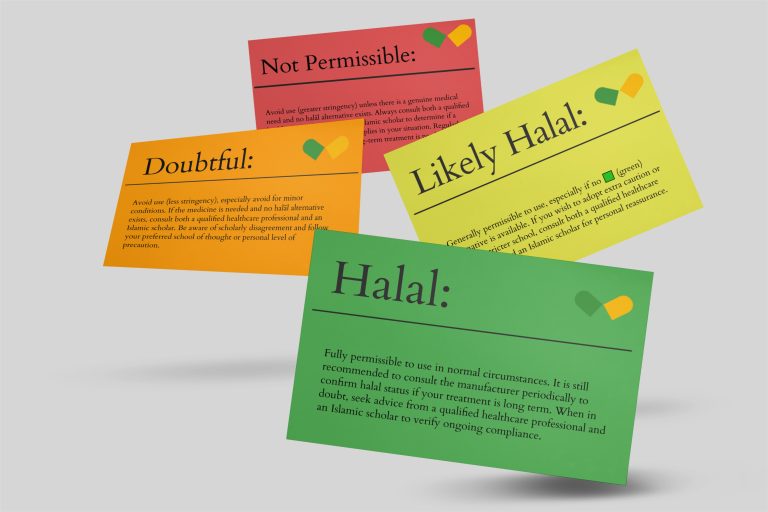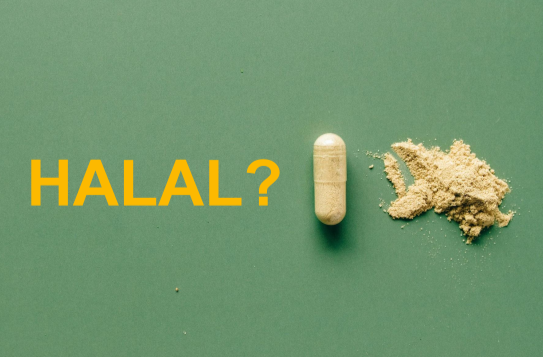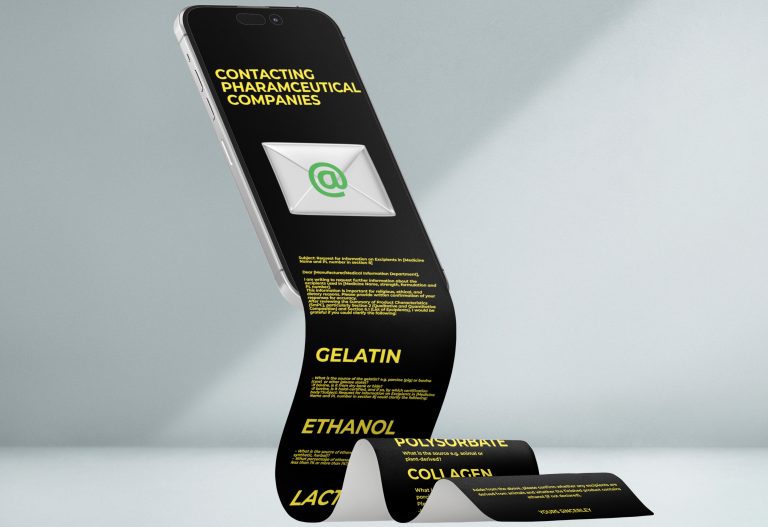Rennet in medicines: additional Islamic information
| Hanafi | Maliki | Shafiʿi | Hanbali | |
|---|---|---|---|---|
| Majority view of rennet derived from animals that are not Islamically slaughtered e.g. goats, lambs, calves (bovine) | ✅ Rennet from dead animals is considered legally pure (tahir) and halal to consume according to most, even if the animal was not Islamically slaughtered. Reasoning: Rennet is an enzyme and remains unaffected by the animal’s death. Classical scholar al-Jaṣṣāṣ stated that milk and rennet remain legally pure (tahir) after an animal’s death. | ✅ Rennet from dead animals is considered legally pure (tahir) and halal to consume (generally permissive view). Reasoning: Rennet is extracted from the stomach lining, which is not directly affected by the death of the animal. It is not considered contaminated unless mixed with impurities. | ❌ Rennet from dead animals is considered legally impure (najis) and haram. Reasoning: The general rule is that dead animals are legally impure (najis), and rennet comes into direct contact with the impure stomach. | ❌ Rennet from dead animals is considered legally impure (najis) and haram. Reasoning: All parts of a dead animal are considered legally impure (najis) under general Islamic law. Rejects the argument that rennet is isolated from the carcass’s impurities. |
There is a difference of opinions when rennet is derived from animals not Islamically slaughtered e.g. goats, lambs, calves (bovine).
Among Hanafis Abu Yusuf & Muhammad: Liquid rennet may become legally impure (najis) if it comes into contact with the impure stomach lining. However, solid rennet remains legally pure (tahir) and halal to consume.1
<— go back to ‘Lactose and rennet in medicines’ page
⚠️ Important messages for patients
- Always take or use your medicine(s) exactly as directed or prescribed by your healthcare professional (HCP), such as your doctor or pharmacist
- Do not stop, delay, change or alter the way you take or use your medicine(s) without first discussing it with the HCP who prescribed or supplied it to you
- Always consult your HCP if you have any questions or before making any decisions about your treatment
- For Islamic guidance, seek advice from your local Imam or a trusted Islamic scholar – ideally someone with relevant knowledge and expertise in the fiqh (Islamic rulings) of medicines
- Use the information gathered to make an informed decision together with your HCP and, if needed, your local Imam or trusted Islamic scholar
Disclaimer
- This resource is for educational purposes only. It does not constitute clinical, medical, or professional healthcare advice and should not replace individual clinical judgement or qualified religious guidance
- Always consult your doctor, pharmacist, or other healthcare professional regarding your own medical conditions or for advice on treatment options
- Healthcare professionals remain fully responsible and accountable for decisions made within their own scope of practice.
References
- Ruling on rennet according to the four sunni schools of thought by Shaykh Dr Rafaqat Rashid ↩︎



